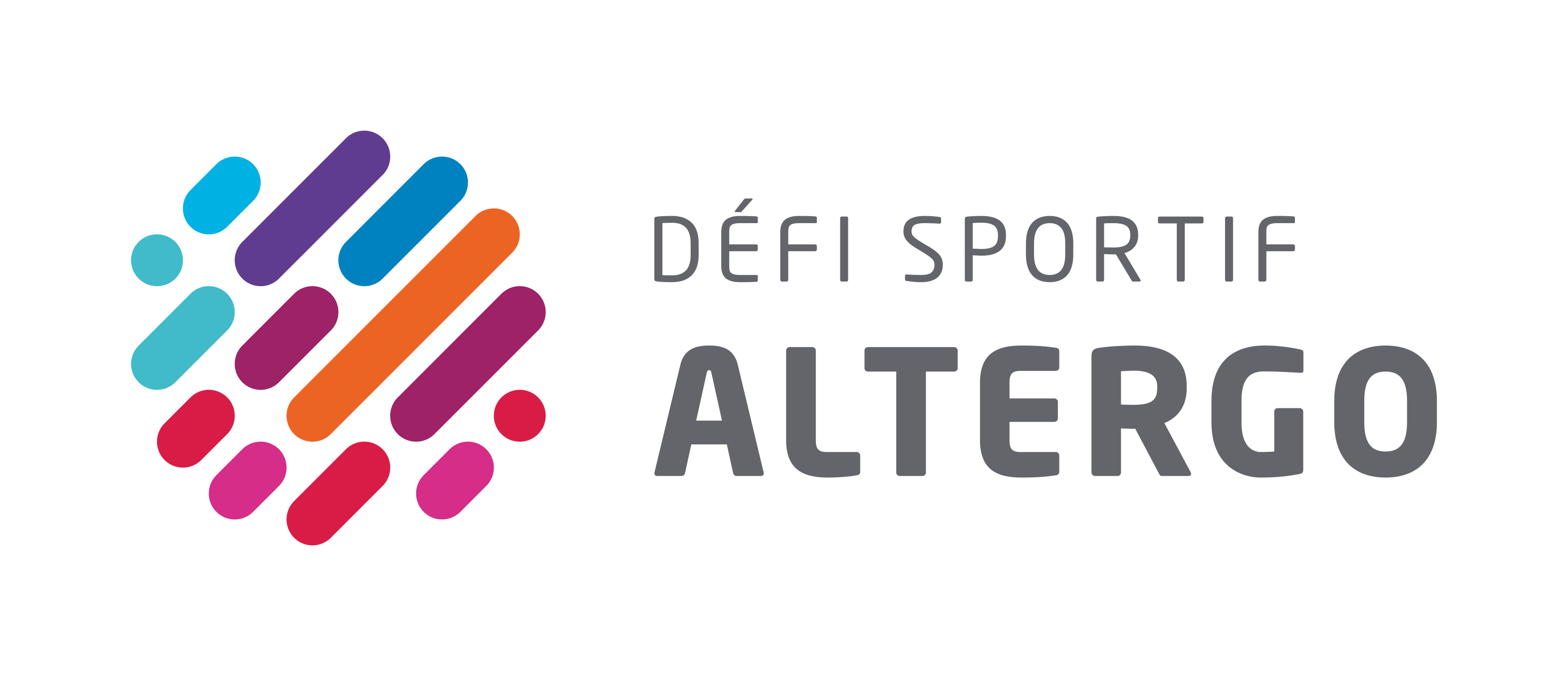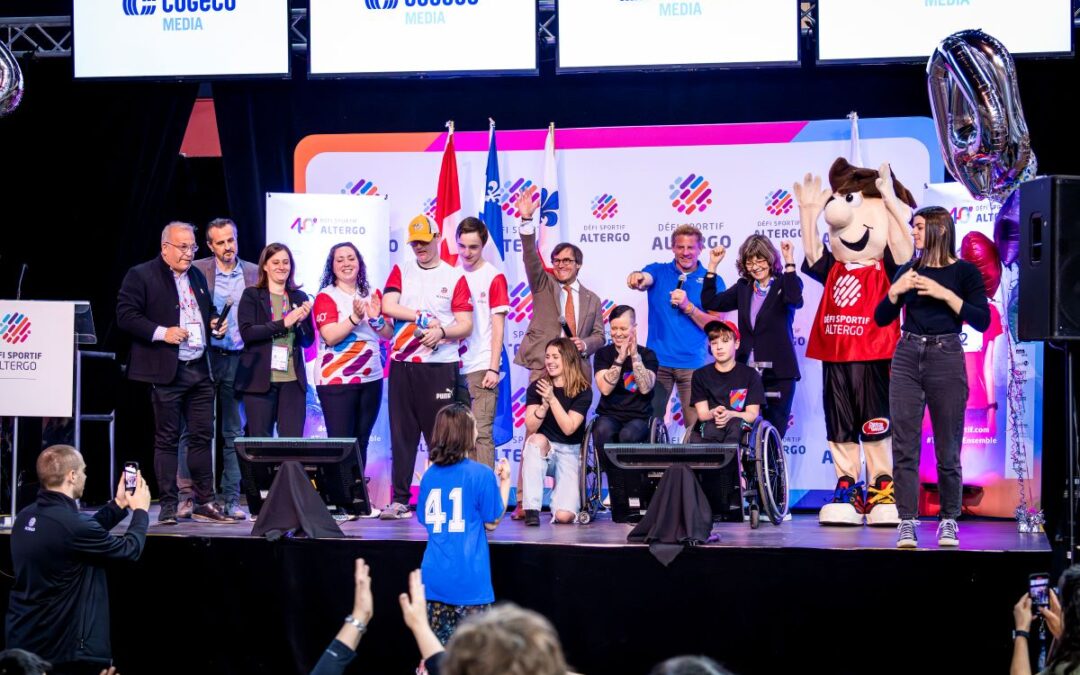Now in its 40th year, the Défi sportif AlterGo prides itself on being an inclusive event. And inclusive it is. But inclusion also means connection, which implies comprehension… At most major events, whether you speak English or French, you’ll hear your language. But what about sign language? Usually not! The Défi sportif AlterGo hires professional interpreters from the Service d’interprétation visuelle et tactile (SIVET) to ensure people with hearing impairments are able to enjoy the opening ceremonies and medal ceremonies that take place every morning of the ten days of competition. Rébecca Bibeau is one such interpreter.
Her presence and her expertise, along with those of her colleagues, really make a difference for hearing impaired persons throughout the event. So, what does she think of the Défi sportif AlterGo?
“I think it’s a great event. The fact that activities like this allow people with disabilities to get together and forget about their disabilities is really incredible. I believe there should be more organizations like this one. They encourage inclusion, allowing deaf people, who are often overlooked, to participate as well.”
Born to deaf parents (N.B.: deaf people are not necessarily mute), Bibeau learned Quebec Sign Language (LSQ) at home before she learned French. Although it is a natural form of communication, learning it is not without its difficulties.
“It’s mainly a question of interpretation. At home, you use more informal language. But interpreting at a conference, for example, requires a different register. It also depends on the level of language of the deaf person. I have to adjust to it. This might sound a little strange, but I have to take on the emotional identity of the person. That’s the challenge of being an interpreter: mirroring the person you’re talking to, and matching what they’re feeling.”
It’s a matter of showing empathy without being consumed by the other person’s emotions. In addition, interpreters speak in the first person, and the situations in which they work are sometimes unusual, or even emotionally charged.
“My favourite workplace situations are during childbirth. But you also sometimes have to tell a person they have cancer or announce a death. But on an emotional level, childbirth is a really nice experience.”
Being a CODA (Child of Deaf Adult) gives Bibeau a unique advantage. She understands the particularities of the hearing and non-hearing worlds. She also sees that because society is run by the former, the latter often remains in the shadows. An electric current is therefore needed to shed light on that world.
“By doing what I do, I try to attain equity. I help make communication accessible. I find it very sad that people are left out just because they can’t hear. Serving as the ears of a deaf person and the voice of a non-deaf person is a very enriching role.”
When asked, Bibeau said she will definitely return next year, if invited. It’s a date!


